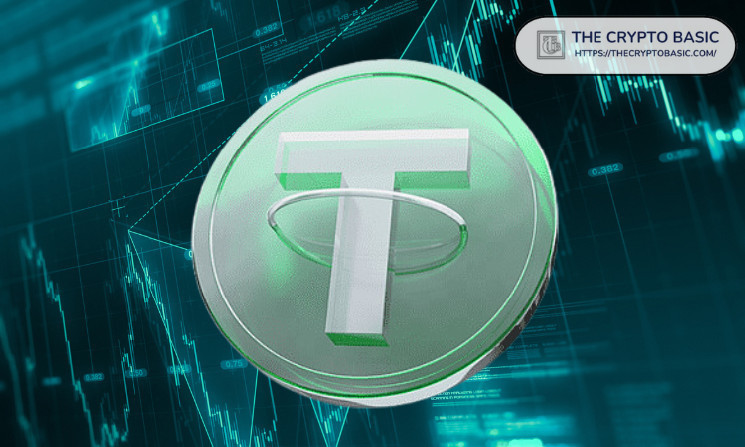According to blockchain security firm PeckShield, Tether has added the Ethereum address “0x88E6…4d47” to its blacklist.
The blacklisted wallet reportedly holds 13.144 million USDT on Ethereum and 2.66 million ROOST tokens on Base. Moreover, this address received 150 ETH in multiple transactions from “0x71B2…18a6,” an entity known to have removed ROOST/WETH liquidity on the Base blockchain approximately nine months ago.
Meanwhile, blockchain sleuth ZachXBT recently highlighted a possible link between the blacklisting and a recent indictment against two California men: Gabriel Hay and Gavin Mayo.
The U.S. Department of Justice (DOJ) has accused them of orchestrating a $22 million rug pull across multiple NFT and digital asset projects. Among the projects listed in the DOJ report is Roost Coin, a token now tied to the blacklisted address.
Possibly the blacklist is related to this? https://t.co/GaNFGpE3Ii pic.twitter.com/OvIBHIfGsb
— ZachXBT (@zachxbt) December 25, 2024
The $22M Rug Pull Scandal
Last Friday, the DOJ unsealed a six-count indictment against Hay and Mayo, charging them with conspiracy to commit wire fraud, wire fraud, and stalking. From May 2021 to May 2024, the duo allegedly defrauded investors by promoting fraudulent NFT projects with false claims.
These include the now-infamous Vault of Gems, Faceless, and Roost Coin. Instead of delivering on their promises, Hay and Mayo are accused of abandoning the projects after raising millions.
In their schemes, Hay and Mayo allegedly concealed their involvement by falsely naming others as project leaders. Notably, when a project manager exposed their role in the Faceless NFT project, the duo allegedly launched a harassment campaign against the individual and their family.
The Blockchain Trail
The blacklisted address’s connection to ROOST tokens and its ties to liquidity removal on Base further deepen suspicions surrounding Roost Coin’s involvement in the fraudulent operations. Tether blacklisting the wallet may be part of broader efforts to disrupt the financial networks of those implicated in the fraud case.
Notably, the last time PeckShieldAlert reported Tether blacklisting a wallet was in connection with addresses involved in the theft of thousands of USDT tokens from the FixedFloat exchange hack seven months ago.
 thecryptobasic.com
thecryptobasic.com
